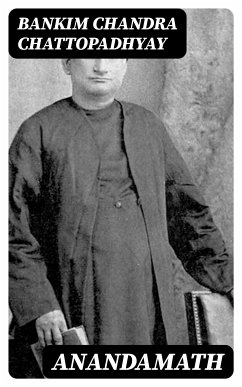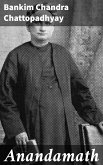Set against the backdrop of the Sannyasi Rebellion in late 18th-century India, Bankim Chandra Chattopadhyay's "Anandamath" weaves a rich tapestry of nationalism, spirituality, and historical narrative. Written in a lyrical prose that juxtaposes the sacred and the secular, the novel intricately explores themes of sacrifice and the quest for freedom. Chattopadhyay's work is imbued with a profound sense of yearning for an independent India, reflecting the socio-political ferment of his time while remaining deeply anchored in the cultural and religious ethos of the Bengali renaissance. Bankim Chandra Chattopadhyay, a pivotal figure in Bengali literature and an early advocate for Indian nationalism, crafted "Anandamath" during a time of colonial oppression. His own experiences and philosophical evolution, marked by strong connections to Hindu thought and the burgeoning nationalist movement, significantly influenced his narrative style and thematic choices. The novel's iconic hymn, "Vande Mataram," embodies his vision for a united and independent India, emphasizing the intertwining of spirituality and patriotism. "Anandamath" is essential reading for anyone interested in the roots of modern Indian identity and literature. Chattopadhyay's deft storytelling and his exploration of profound themes resonate with contemporary readers, inviting them to reflect on the enduring struggles for freedom and self-identity.
Dieser Download kann aus rechtlichen Gründen nur mit Rechnungsadresse in A, B, BG, CY, CZ, D, DK, EW, FIN, F, GR, H, IRL, I, LT, L, LR, M, NL, PL, P, R, S, SLO, SK ausgeliefert werden.







